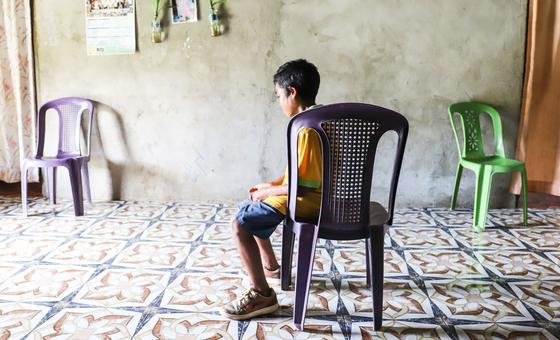According to one estimate, more than one-third of mental health problems occur before the age of 14. In 50 percent of cases, it appears before the age of 18.
The report was released just ahead of ‘World Mental Health Day’, which is celebrated on October 10 every year.
UN experts call for ensuring support for transformative change in child and adolescent mental health services.
She believes that timely, early intervention is essential to helping children and youth realize their full potential.
Lack of accessibility of services
Despite the commitment to take concrete steps to address mental health challenges, the availability of these services remains largely limited.
For many youth struggling with mental health symptoms, accessing care services is difficult. This is due to systemic barriers, such as low availability of services, high costs, and perceived social stigma around seeking such help.
In parallel, public investment and human resources for these services do not exist at adequate levels around the world, especially for child and adolescent populations. The situation in low and middle income countries is even worse.
WHO Director of Mental Health Devorah Castle says we need to take urgent action to ensure everyone is included in health support opportunities that are informed and age-appropriate.
“Every country, regardless of circumstances, can take concrete steps to improve the mental health of its children.”
Community based model
The report emphasizes that concerted efforts will be needed to support mental health services for children and adolescents.
No single best model is presented for this, but examples are shared from around the world, from which effective measures can be taken in different contexts.
Fauzia Siddiqui, a senior official at the United Nations Children’s Fund (UNICEF), said the mental health and well-being of children, adolescents and their families cannot be managed in isolation.
“We need to build health, education, social protection and community-based systems to create a comprehensive network of mental health services for young people.”
Stop institutional care
The report also draws attention to the millions of children who are living with mental health conditions and are admitted to an institution despite their families.
UN experts believe these practices violate their human rights and lead to adverse health and social consequences.
According to the report, there needs to be a phase-out of the institutional care model and the adoption of community-based services so that children can thrive with their families and communities. This will help in their education, social relations and overall development.

